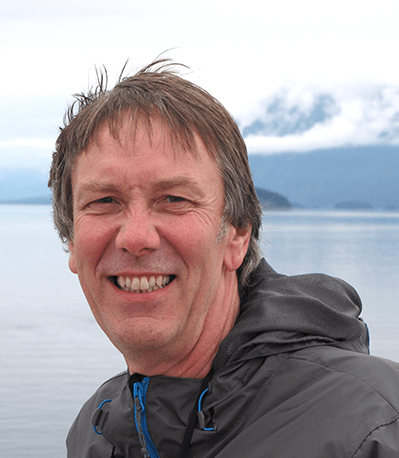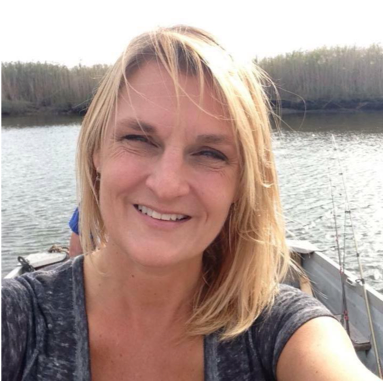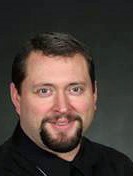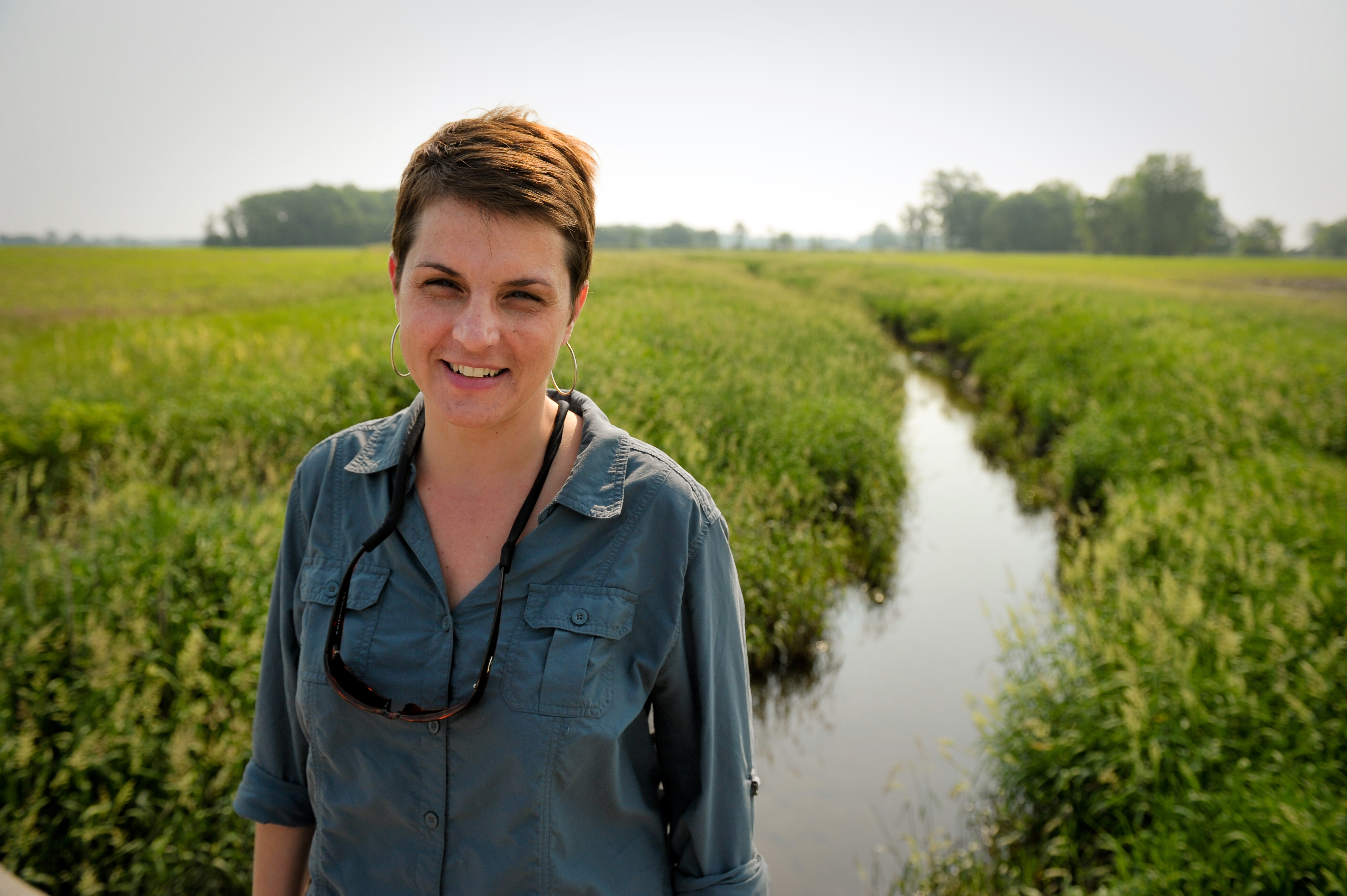We are excited to host the following invited speakers for this year's virtual UMSRS.

Colin Thorne, Chair of Physical Geography, University of Nottingham, UK and Senior River Scientist, Wolf Water Resources Portland, OR, USA
Colin Thorne is Professor Physical Geography at Nottingham University, UK. He has BSc and a PhD in Environmental Sciences from the University of East Anglia, UK. He has worked for the USDA, USACE and NOAA as well as holding faculty posts at Mississippi State University, Colorado State University, and London University. His research centres on river science and its application to river management and restoration. He advises governments and undertakes consultancy on sustainability and resilience, internationally. His goal is to use new science to provide the evidence needed to improve river restoration policy, design and implementation.

Ms. Wildman is a practicing fisheries and water resource specializing in ecological restoration consulting for aquatic systems. Her expertise and passion, centers on the restoration of rivers through the reestablishment of natural functions and aquatic connectivity. She is considered one of the foremost nation U.S. experts on barrier removal and alternative fish passage techniques, regularly lecturing, instructing, and publishing on these topics; including assisting with the instruction of courses for the University of Wisconsin and Yale University. She has been involved in hundreds of river restoration, barrier removal, and fish passage projects throughout the U.S.; working on all aspects of the projects from inception through design and construction, both as a licensed professional engineer designing and managing the projects and as a non-profit project partner when she was the Chief Engineer of American Rivers.

Marshall Plumley has been involved in local, regional and national stream restoration efforts for over 20 years. He currently serves as the Regional Program Manager for the Upper Mississippi River Restoration (UMRR) Program. The UMRR is recognized as the Nation’s first integrated large river ecosystem restoration and science effort. For over 35 years the Program has developed and applied innovative restoration techniques across hundreds of thousands of acres of Nationally significant habitat spanning 1300 river miles and five states. In addition, the UMRR Program is the leader in systemic data collection and analysis of the Upper Mississippi River System that informs restoration and management decisions. In addition to providing oversight and guidance to this large effort, Mr. Plumley works in close partnership with the public as well as State, local and Federal partners on implementing the Program. Prior to assuming his current duties, Mr. Plumley was closely involved planning and leading restoration efforts in Coastal Louisiana, the Illinois River Basin, the Missouri River and other areas throughout the nation. Mr. Plumley has been employed by the US Army Corps of Engineers – Rock Island District for twenty years.

Dr. Tank is an aquatic ecologist and biogeochemist who studies how nutrients and particles move through streams and rivers, with a focus on restoration and conservation efforts that improve the structure and function of flowing waters. Her research informs management and policy of freshwaters especially around water quality in agricultural landscapes. Since 2013, she has led the Indiana Watershed Initiative, where they are quantifying the water quality impacts of practices such as the two-stage ditch and the planting of winter cover crops. Her federally-funded research program includes grants from the U.S. Department of Agriculture, National Science Foundation, Department of Defense, and the Environmental Protection Agency. Dr. Tank is also committed to science leadership and translation, which grew out of her participation as a 2013 Leopold Leadership Fellow. She was the 2018-19 President of the Society for Freshwater Science, and was recently elected a 2020 AAAS Fellow. Her goal is to improve the health of streams and rivers draining croplands of the Midwest through effective watershed-scale conservation.